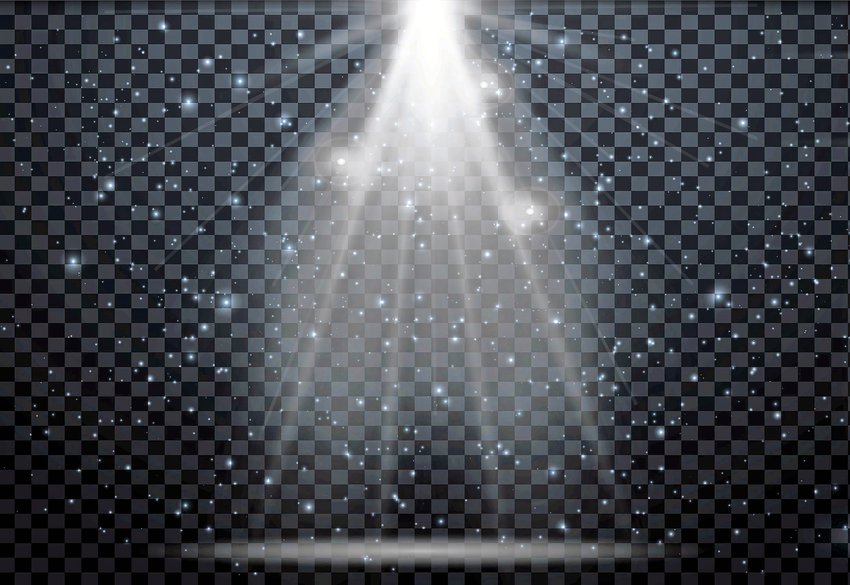Torah Columns
1861 results total, viewing 1811 - 1820
|
I have known more than my share of families torn by discord. Most of us know a family in which brothers and sisters have not spoken to each other in years, sometimes having forgotten the original …
more
By Rabbi Dr. Tvi Hersh Weinreb
|
12/12/18
|
|
The concept of “going up in holiness” is one that gains prominence around Chanukah, as we light candles, adding one each night. But the opinion of Beit Shammai is that we start with …
more
By Rabbi Avi Billet
|
4/18/19
|
|
Parashat Nitzavim contains a celebrated pasuk that proclaims the ready accessibility of the Torah: “Lo bashamayim he” (It is not in heaven, that you should say, “Who will go up …
more
By Rabbi David Etengoff
|
9/9/20
|
|
Why Jacob? That is the question we find ourselves asking repeatedly as we read the narratives of Genesis.
Jacob is not what Noah was: righteous, perfect in his generations, one who walked with …
more
By Rabbi Sir Jonathan Sacks zt"l
|
12/1/22
|
|
Jews live their lives within the framework of the Jewish calendar. At this time of year, we identify strongly with the narratives contained in the weekly Torah portions that we read in the synagogue. …
more
By Rabbi Tzvi Hersh Weinreb
|
11/8/23
|
|
The festival of Sukkot was around the corner, and I realized I had no way to get a set of four species (arbah minim) in time for the festival. We were actually in Lebanon at the time, and as the only kippah-wearing soldier on the base, I knew I was on my own, and the thought of having no set of ‘arbah minim’ was really depressing.
more
By Rabbi Binny Freedman
|
7/13/11
|
|
While Chapter 11 in the book of Bamidbar bears little resemblance to the famous reorganization process of the Bankruptcy Code, it does have a series of setbacks that seem to put the people in a negative light. Disobedience, complaining, people getting punished by fire, or their bodies suffer the effects of too much quail.
more
Rabbi Avi Billet
|
6/8/12
|
|
Every year, on Rosh Hashanah, the Jewish New Year, we read the story of the expulsion of Yishmael (Avraham’s first son with his handmaiden Hagar), and the binding of Yitzchak (Isaac). Both are stories of the sons of Avraham, and both involved Abraham’s ability to be willing to sacrifice or let go, of a son.
more
By Rabbi Binny Freedman
|
9/3/13
|
|
A simple reading of the Gemara in Arakhin 16a informs us that tzaraat, a spiritual disease with a physical manifestation that is definitely not “leprosy,” could come upon a person for one of seven sins: lashon hora (slander and gossip), murder, swearing in vain, immorality, haughtiness, theft, and stinginess.
Raise your hand if you might get tzaraat if such a disease were extant today. (We can all put our hands down now.)
more
By Rabbi Avi Billet
|
3/26/14
|
|
What is better – to see something in its entirety, or to experience a smaller portion of that entity?
This is the debate which winds itself through the commentaries on Devarim 34, as …
more
By Rabbi Avi Billet
|
10/1/15
|

 59.0°,
Mostly Cloudy
59.0°,
Mostly Cloudy 






